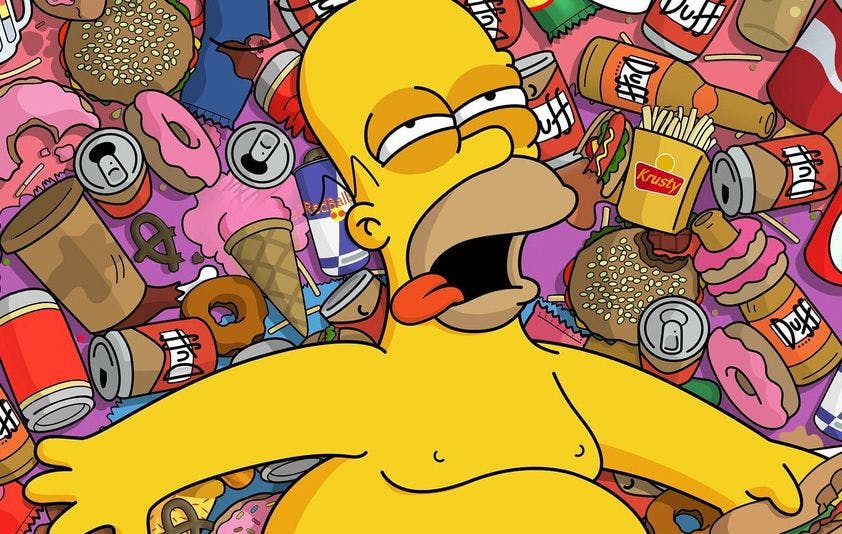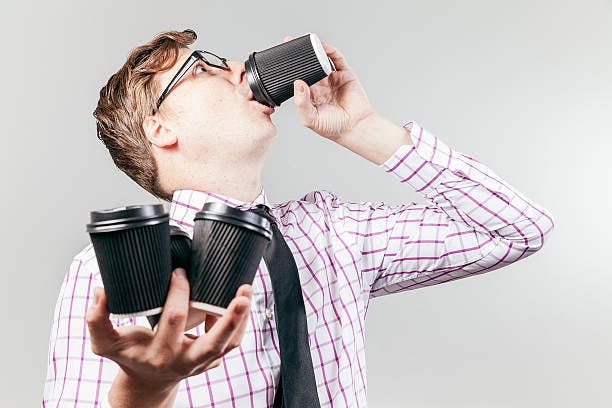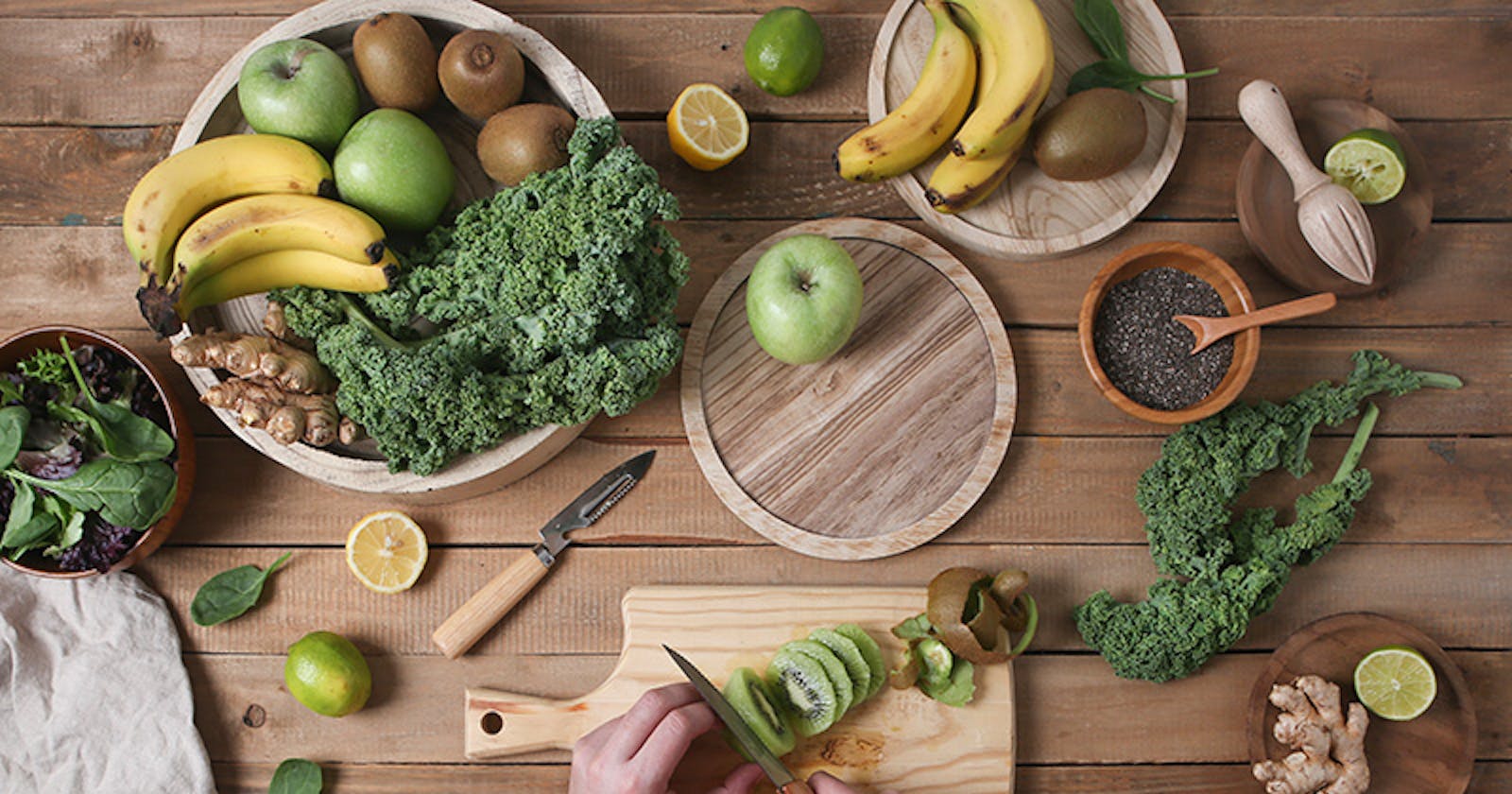Being a software engineer is cool, and we know that, right? You earn great money, solve real-world problems, and overall, it's a profession that can guarantee a good quality of life.
The downside of this profession is that it's a job that requires you to sit down for many hours a day, and sometimes under stressful conditions. Unlike many professions where you need to use your body to achieve a certain task, most software engineering effort is cognitive. It all happens in our brain.
In this article, I will share some tips on how you can manage your weight as a software engineer. I'm putting an enormous emphasis on this topic because I've read many articles that usually suggest that doing cardio, weights, walking and practising mindfulness are enough.
I think that food is where you should start. I want to be more practical with this article, and hopefully, you'll see why food is the single most important factor that determines your weight.
It all comes from my own personal experience because I suffered from this problem in the past, but now I have massively improved the situation. Take this as if it was a conversation between friends. 😊
Let's Start! 🏁
#1 You Can Never Out-Run a Bad Diet

There is no amount of exercise you can do to out-run a bad diet.
If you eat 2x more calories than you need, that will only be detrimental to your body.
Instead, you can track your calories (for example, using MyFitnessPal and prepare meals that fit your calorie intake.
Before following a tailored nutrition plan, I thought I could eat whatever I wanted, drink a detox tea, go to the gym and burn all of the food I was consuming during a training session. I really believed that I could get away with a bad diet.
The more I did that, the more I realized that I couldn't lose any weight even though I spent hours at the gym. I started to lose weight when I learned how many calories my body roughly needs to keep acceptable body weight and function gracefully.
Based on that, I started to prepare meals that would fit my calorie intake. Our organism is honest. If you need to eat X amount of calories per day, and you instead eat 2X, unless you intend to run a marathon the following day, there is no amount of walking, running on a treadmill, or lifting weights that you can do to burn that "2".
#2 Healthy Foods Can Still Contribute to Weight Gain

Some healthy foods are very calorie-dense. Some examples are nuts, oils, and dark chocolate. How do you know when something is calorie-dense?
Healthline uses a great example:
An easier way to make sense of this is to imagine a full plate of food. The fewer calories the plate contains, the lower the calorie density of the meal.
#3 Be Mindful of The Liquids You Drink

Offices tend to have coffee machines that serve mocha, hot chocolate, latte, and so on.
These drinks are okay if consumed in moderation. But we all tend to over-drink them.
So, what can you do to manage your weight better?
⚖️Get to know how many calories you need to consume per day
You can find some calorie calculators online to do that. I use MyFitnessPal , and it's great. It's easy to use, and it keeps me on track every day.
You can download the phone application or use their website (or even both). You can also adjust your macro-nutrients (carbohydrates, proteins and fats) if you want to go a step further. Another option is to ask your medical doctor to help you with this if you seek a more trusted opinion.
This number is so important because we tend to consume way more than what our bodies need. It doesn't mean that you need to become calorie-obsessed, but at least have an idea of how much you need to consume to maintain a reasonable weight all year round.
🥗 Plan your breakfast, lunch and dinner based on your calorie intake
Once you know the number, prepare your meals around that. Understand in which part of the day you feel hungrier and adapt your meals accordingly.
💧Drink plenty of water before every meal
This will help you make you feel fuller.
🍠Eat foods with high satiety value
Wikipedia defines the satiety vaue as:
[...]The degree at which food gives a human the sense of food gratification, the exact contrast feeling of hunger.
Some foods can make you feel fuller than others, and the sensation of feeling full will prevent you from over-eating. Some examples are fish (salmon, tuna and cod), legumes (lentils, chickpeas, beans) and Greek Yogurt.
🍎Snack on the right foods
This still has to be adapted based on how much you need to consume daily. But overall, as for snacks, it is a great idea to stick with whole fruits such as apples and oranges.
CONCLUSION
I hope that you've found this article helpful and pragmatic! I wish I knew all of this stuff years back. That would have saved me a lot of time, which I instead wasted because I wasn't well-informed. Eating the right way makes me feel happier and more energized. Share this with your friends!
Until next time! 😊

